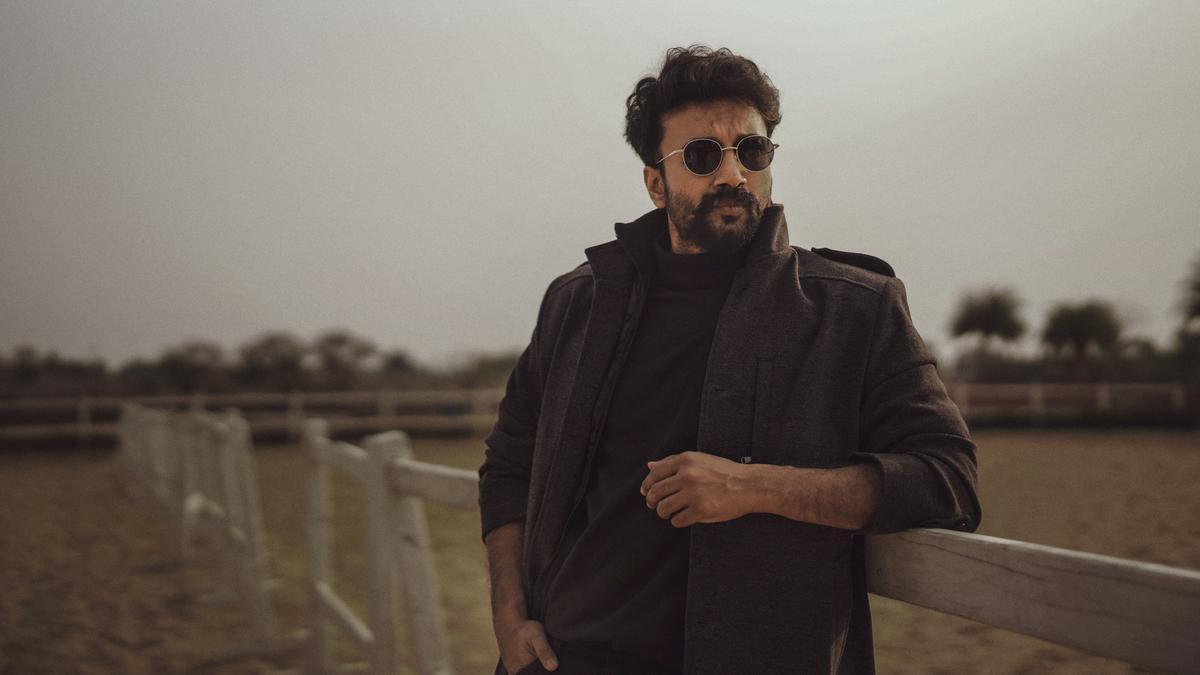
The Modi family, a name synonymous with business success in India, is currently grappling with internal turbulence of an unprecedented scale. A crescendo of accusations, attacks, and legal battles has shaken the very foundation of this wealthy household, with its members entangled in a bitter feud over a colossal estate worth approximately Rs 11,000 crore.
At the heart of this brewing storm is the late KK Modi, a towering figure in the Indian business world and the former head of Godfrey Phillips—a company renowned for producing Marlboro cigarettes in India. The estate KK Modi left behind after his death in 2019 has become a battlefield for his surviving family members: his wife, Bina Modi, and their three children—IPL founder Lalit Modi, Samir Modi, the Executive Director at Godfrey Phillips, and Charu Modi.
The latest stage of this saga unfolded with Samir Modi filing a police complaint seeking protection from his mother, Bina Modi, whom he has accused of orchestrating an assault against him. According to reports from PTI, Samir detailed an encounter on May 30, when he arrived for a board meeting at Godfrey Phillips India. It was then, he alleges, that his mother’s personal security officer barred his entrance and assaulted him, inflicting severe injuries, including what appears to be a broken arm.
His brother, Lalit Modi, has taken to social media to express his dismay, sharing photos of Samir’s injuries and condemning the violence. In an emotionally charged post, Lalit wrote: “It breaks my heart to see my younger brother in this condition. That a mother (Bina Modi) would have her son (Samir Modi) beaten so severely by her security that his arm is possibly permanently damaged is shocking. His only ‘crime’ was wanting to attend a board meeting. All board members are complicit in this heinous act. My heart goes out to my brother.”
In response to these events, Samir Modi has now expressed fears for another imminent attack and has thus requested security from the Delhi Police. He claims that despite lodging a criminal case against Bina Modi, he continues to receive threatening messages, some allegedly hinting at plans to block his office access in Jasola.
To understand the gravity of this ongoing feud, one must delve into the core issue: the distribution of KK Modi’s estate.
. The estate, as per KK Modi’s trust deed, should be equally shared among Samir Modi, Lalit Modi, and their sister Charu Modi. However, Bina Modi currently holds the reins as the managing trustee, a position that has drawn sharp criticism from her children.
Reports from Business Today indicate that Samir Modi has accused Bina Modi of maintaining undue control over the company’s operations and the KK Modi Trust, contrary to the provisions laid out in the deed. Alongside allegations of mismanagement, Samir has voiced concerns about mounting pressure on him to relinquish his stake in Godfrey Phillips.
The property dispute took another dramatic turn when Lalit Modi’s son, Ruchir Modi, filed a petition in the Delhi High Court. He requested the judicial removal of his grandmother, Bina Modi, from her role as the managing trustee. Ruchir has called for the appointment of an external administrator to oversee the proper division of the estate among the family’s four branches. Responding to the petition, Justice Neena Bansal Krishna has issued notices to Charu, Lalit, and Samir Modi, as well as several entities connected to Modi Enterprises, such as Rajputana Developers, Kaushambi Industries, K.K. Modi Investment and Financial Services, Modicare Limited, and Premium Tradeline.
This legal and familial clash adds a layer of complexity to the Modi family narrative, once celebrated for its business triumphs. The litigation and public accusations mark a stark departure from their image of corporate solidarity. With each passing day, the saga continues to capture public attention, raising questions about the future of the family’s immense wealth and the integrity of their relationships.
As the case proceeds, the business community and the public alike watch closely, awaiting the next chapter in this deeply personal and public conflict. The resolution of the 11,000 crore rupee estate dispute will undoubtedly shape not just the future of the Modi family, but also serve as a critical case study in the broader landscape of family-run business empires in India.










